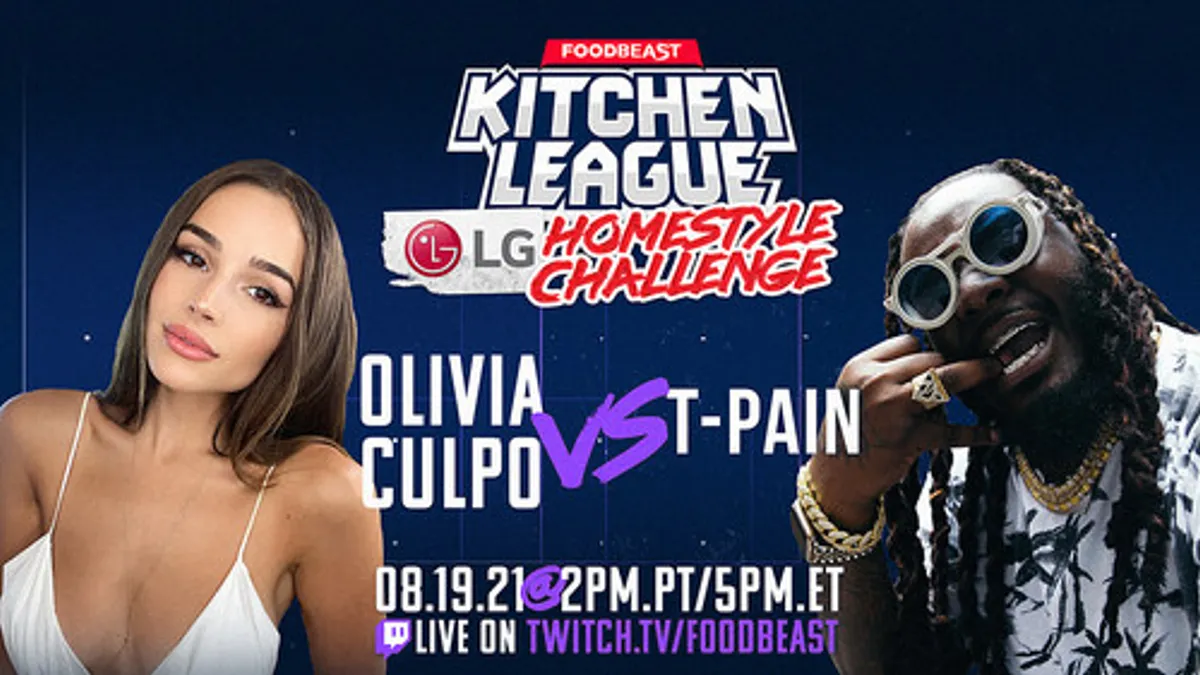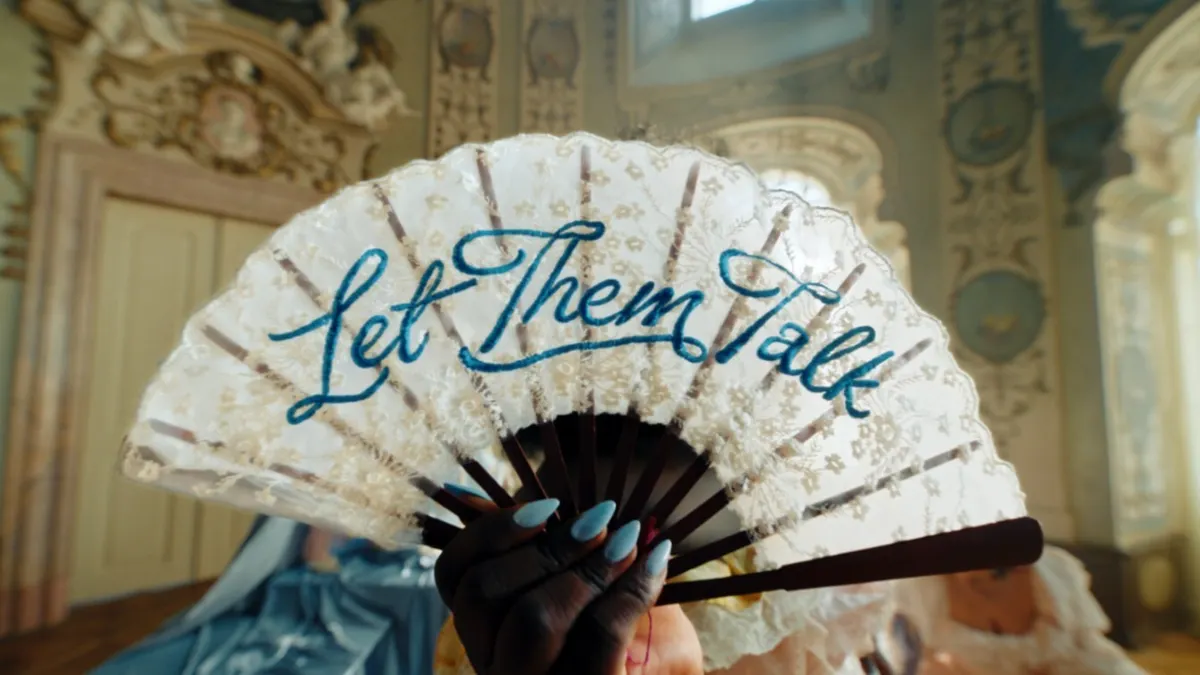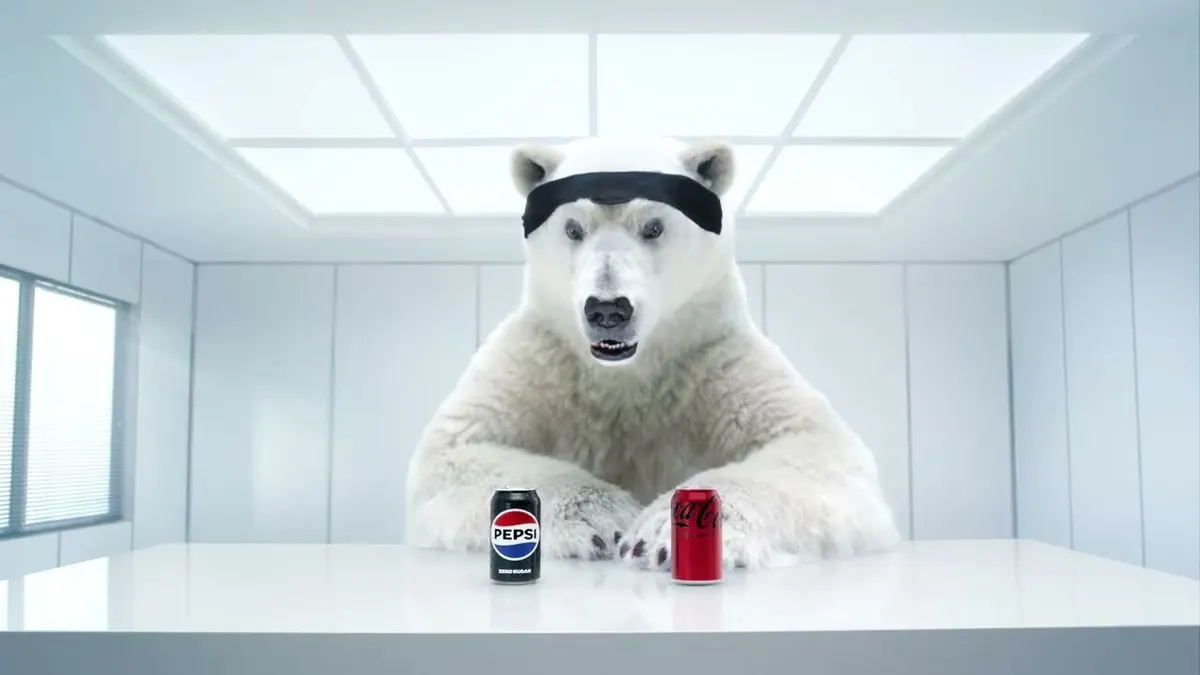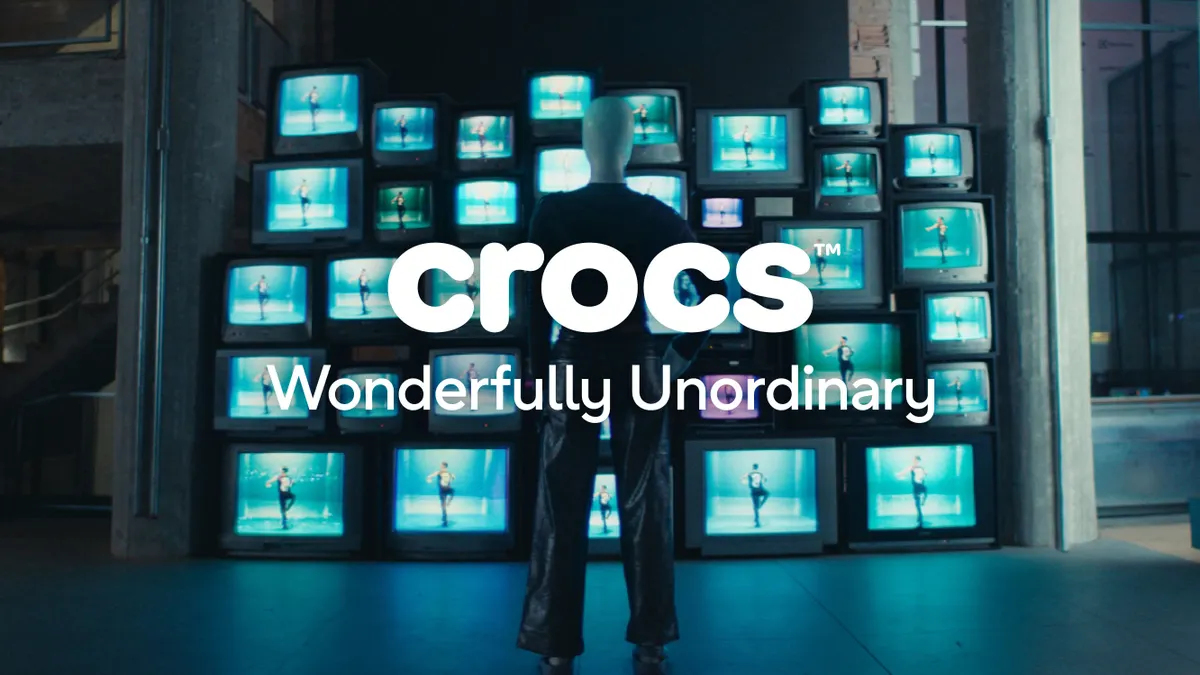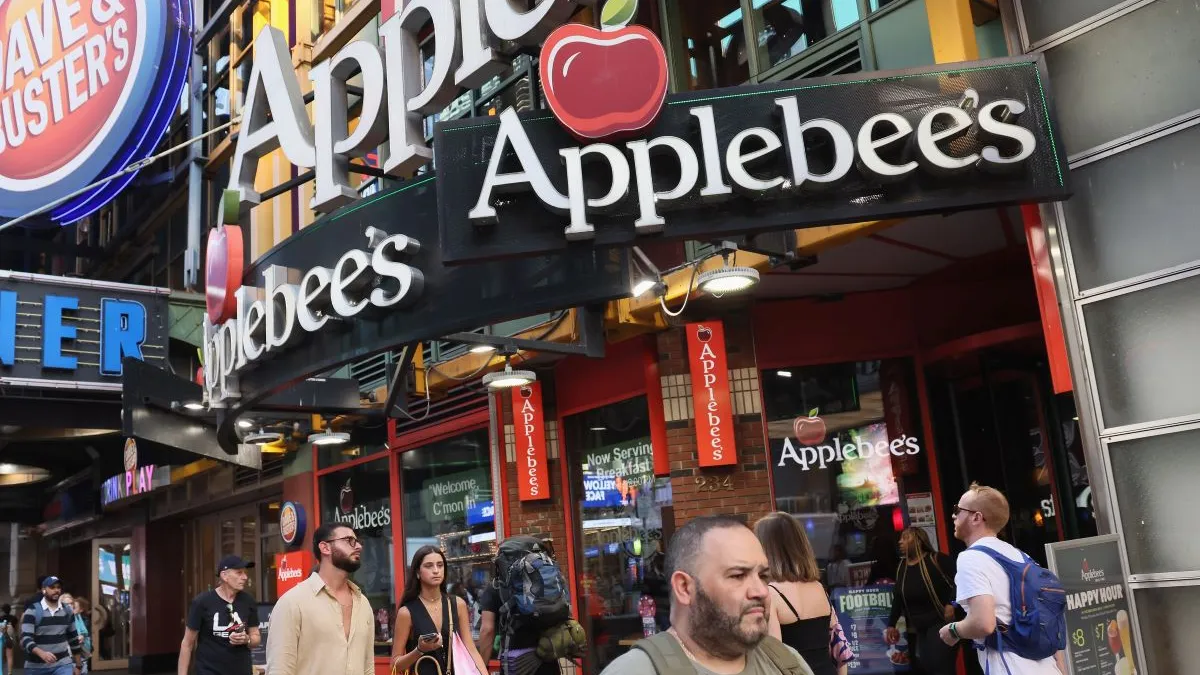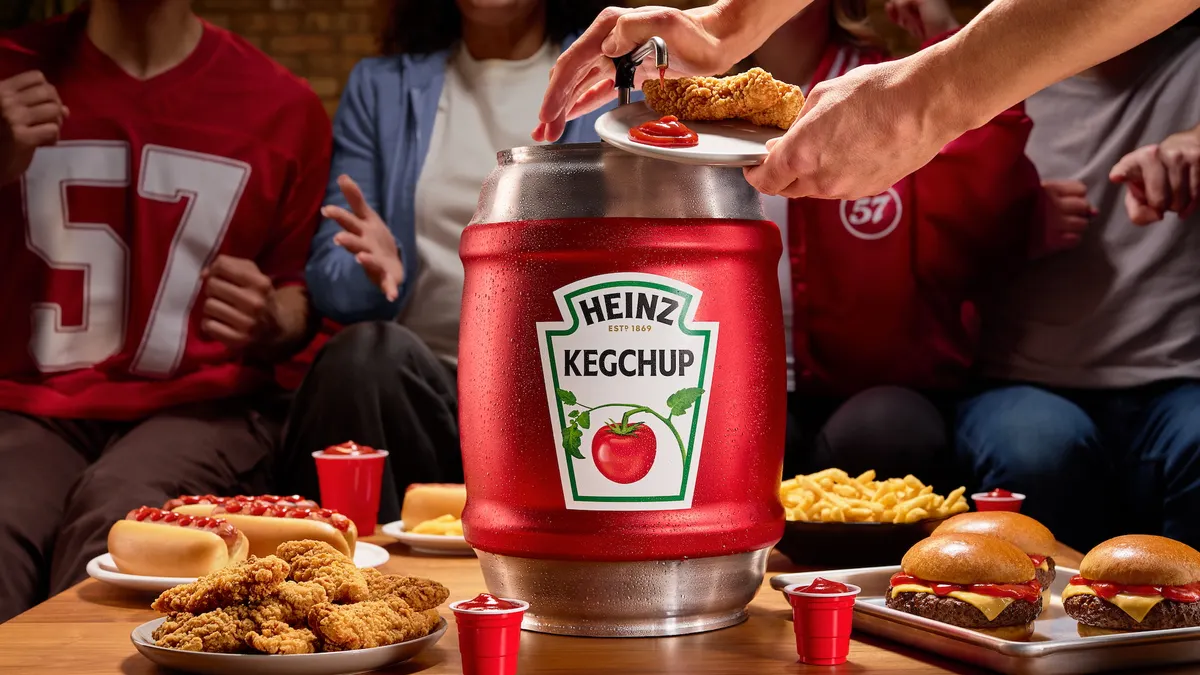To promote its new suite of kitchen appliances, LG Electronics USA last week activated an unlikely media channel for the category: Twitch, where the brand streamed a cooking competition between actress Olivia Culpo and rapper T-Pain. As the two faced off in making full-course meals, viewers were able to use Twitch's engagement tools to vote in each round, launch sabotages against the contestants or unlock protections.
The effort, called "LG Homestyle Challenge," saw the brand blending a series of burgeoning marketing tactics — including streaming, gamification and interactivity — to tap entertaining themes with the goal of showing consumers that cooking doesn't have to be a chore.
"In the end, we're about food," said LG senior vice president and head of marketing Peggy Ang. "It's not just the making of it, it's the consumption of it. And in between those we added competition, conversation and engagement."
While the foray into the gaming world is unexpected, it is consistent with LG's recent efforts to tap new media channels in order to "rewrite the playbook" on marketing electronics and home appliances. The brand's home entertainment division previously hosted a celebrity gaming battle on Twitch to promote its OLED TV, and the home appliances division has aired two live commerce streams in the past six months as part of a new series called The Upgrade.
Below, Ang explains how LG's cooking competition fits into its greater brand strategy, as well as the specific advantages of activating Twitch and what its new campaign says about marketing in the evolving home appliance space.
This interview has been edited for clarity and brevity.
MARKETING DIVE: Why does it make sense for LG to be marketing on Twitch?
PEGGY ANG: Twitch, as we know, has grown significantly. It is no longer just a gaming platform. It's a place where people find genuine, general entertainment. Gamers are looking to Twitch as an avenue for more ways to engage, and so for a home appliance brand like us, that is a great opportunity because what we sell is the food experience. We sell how you can make it and the satisfaction you get in the making and the consumption.
In working with Twitch, we wanted to rewrite the playbook in how we engage our consumers in learning about home appliances, to re-engage them by rewriting what food is, what competition is and what entertainment can be with food and home appliances together.
Why did LG choose the form of a cooking competition for its Twitch debut?
ANG: Cooking has always been known as a sharing experience, but what we're saying is it can not only be sharing, but also competition. For the audience we're going after, which is not just gamers but also millennials and younger consumers, there is a renewed passion of redefining what food means and what food can be. And so the kitchen is not just one place where people can gather together, but it's also a place for conversation as a result of competition.
There are a lot of cooking shows that are competitions, so in order to rewrite that competition, we've allowed viewers to be able to sabotage what the contestants are doing, to change how they're executing the cooking competition. At the end of the day, it’s not just functional but also fun. And that's what you need to make sure that consumers take away — in any playbook you rewrite, it has to be fun.
How does partnering with celebrities — one of whom is already popular on Twitch — help to drive the cooking challenge?
ANG: In order to be truly resonant with the Twitch audience, we have to partner with people who are actually credible in the space we're activating. With Olivia Culpo and T-Pain, they don't only consume food, they make it. T-Pain concocted a recipe book, Olivia manages restaurants — this is more than what the regular person would do. These celebrities bring reach to us, they bring credibility, and what they really bring is expertise. They bring us a lot of experience in how to cook and how to handle things, and that's very important.
What are the challenges in marketing around a technologically evolving category like home appliances?
ANG: In order to deliver transformational products, it is incumbent on marketers to deliver transformational marketing to tell those stories. Not just creativity, but this idea of rewriting playbooks. By doing so, you're able to take what is a passive endeavor and make it active and engaging.
For this campaign, we could have just done videos and posted them, and everybody could watch and make comments, and that's great and worked wonders for us when we did it last year. But this year, I asked my team "What are we doing to not just amp up the volume, but also the engagement factor?"
We're not trying to build an audience, but rather be in a place where people are already there. This way, we can bring in what you call the pizzazz, which is a new way to engage, to make it more fun, to make it more interesting. And along the way, if you remember that I have a great refrigerator or that my ovens have this new knob that is easy to turn, I think it's a win-win situation for everyone.
People stuck at home during the pandemic have been forced to cook more meals and spend more time in their kitchens. How has LG altered its marketing strategy to fit these changing consumer habits?
ANG: You're cooking three square meals a day now in your house, and it's becoming a chore. It's becoming more mundane. What we're trying to do is make those moments more inspirational. Inspiration doesn't happen 24/7, it doesn't happen three meals a day, but I think it is incumbent on brands like us to continue to always show the possibility of inspiration, because that will be a moment by which we become a brand that celebrates people's different cooking styles, their different cultures, their different points of view. And that will help people get out of the chore mindset.
How else is LG incorporating new media channels into its brand strategy?
ANG: This year we've done two live commerce episodes for a series called "The Upgrade," which for LG was new ground not using a retailer as the conduit to demonstrate our products, convert them and fulfill them. We were demonstrating and selling directly to the consumer.
But if we deliver innovative products, it is incumbent on us to deliver innovative and first-mover activations in the marketplace. I put the challenge to the Home Appliance team: Home Entertainment and Television beat you to Twitch, so what are you going to do to amp things up? The gauntlet has been set. The challenge now is to stay one step ahead of the consumer.


